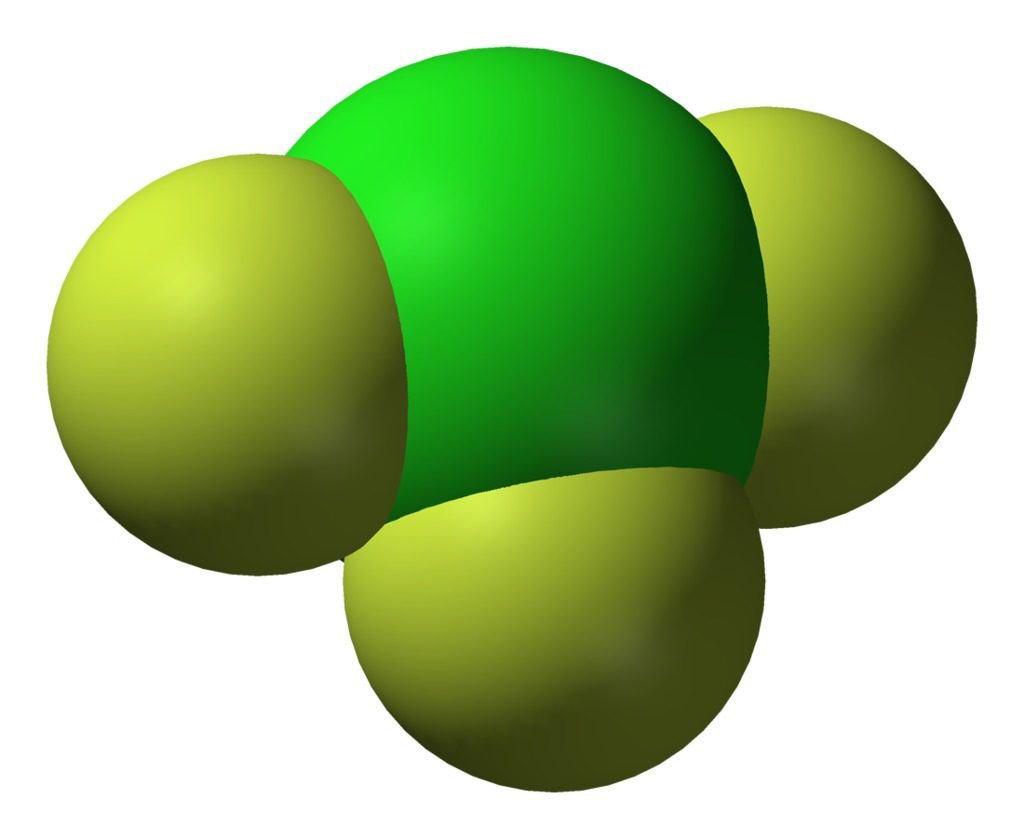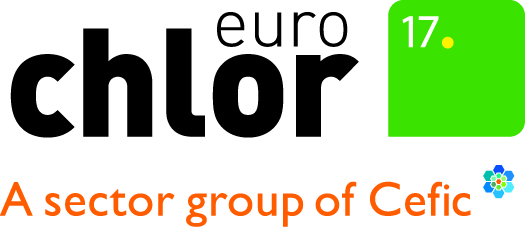Platinum/chlorine compound fights cancer
Cisplatin is a well-known platinum-containing chemotherapy drug that stops cancer cells from growing and causes them to die. It is used for fighting testicular, bladder and ovarian cancers that have spread from their primary tumours to other parts of the body. It also can be used to treat several other cancers, such as lung cancer.
The molecule has a relatively simple structure and is composed of platinum, nitrogen, hydrogen and chlorine atoms. Once the molecule arrives in the cancer cells, the chlorine atoms can easily leave the cisplatin, giving way to two binding positions that attach to the cancer cell’s DNA; this action can stop the cancer cell from multiplying and thus halts the development of the tumor.
In typical treatments, cisplatin is administered via the patient’s veins, once a week. Before the cisplatin dose, extra water, potassium chloride and magnesium are given to the patient. Afterwards the patient is given even more water and needs to drink a lot. This limits the possibility of kidney damage.
Neodymium against skin cancer
Neodymium is a very rare metal found in the earth’s crust, so its use is limited to really high-tech applications. Its salt, neodymium trichloride (NdCl3), serves as a source of neodymium ions for various technologies based on light and laser light. One of those is the neodymium-YAG laser which is the most popular laser based on solid material (some lasers are gas-based). This laser is widely used in medicine, mainly to remove skin cancers.


